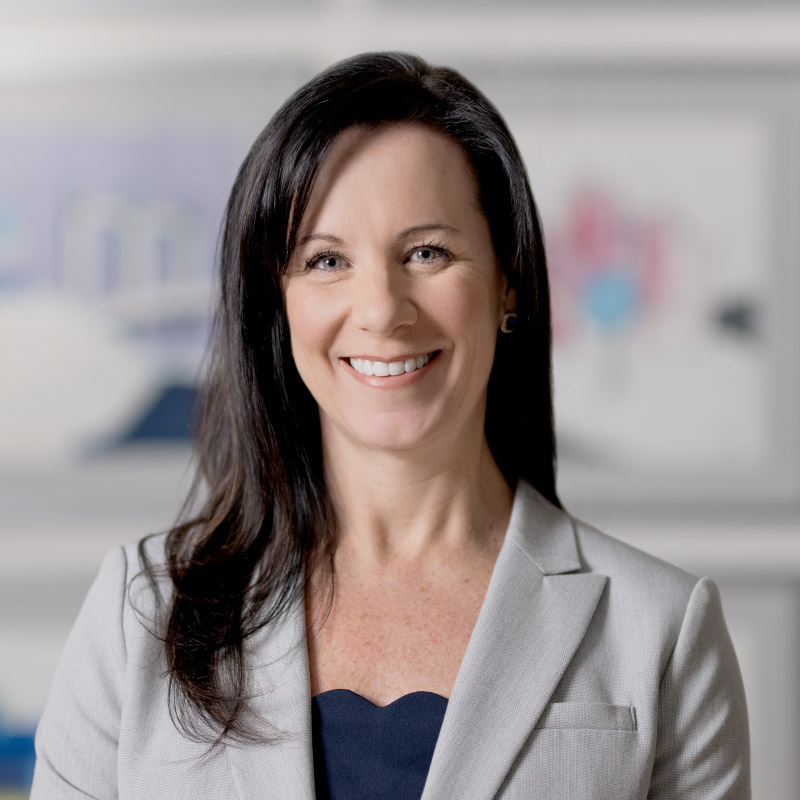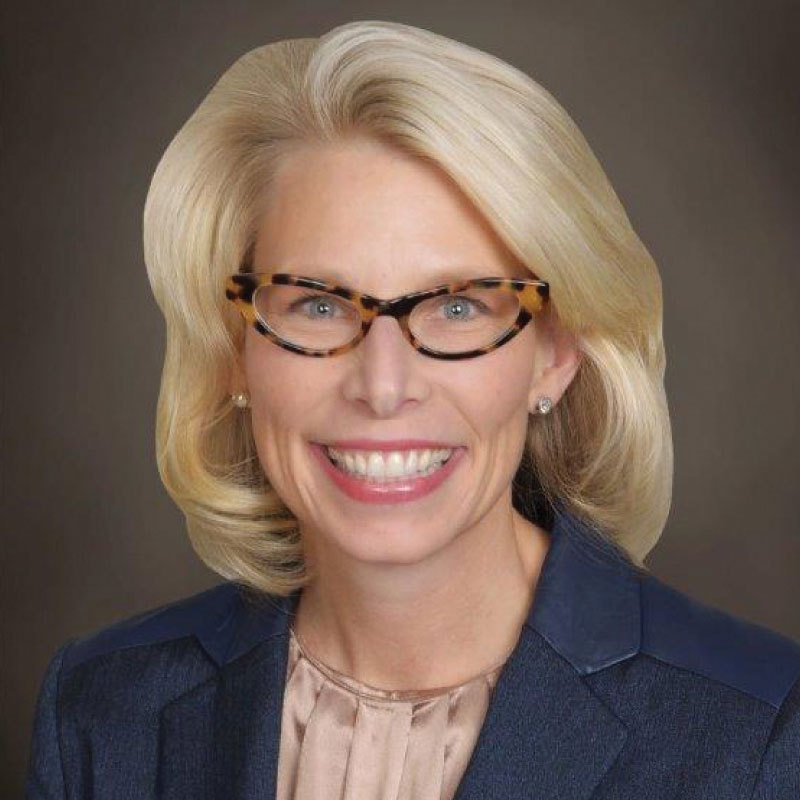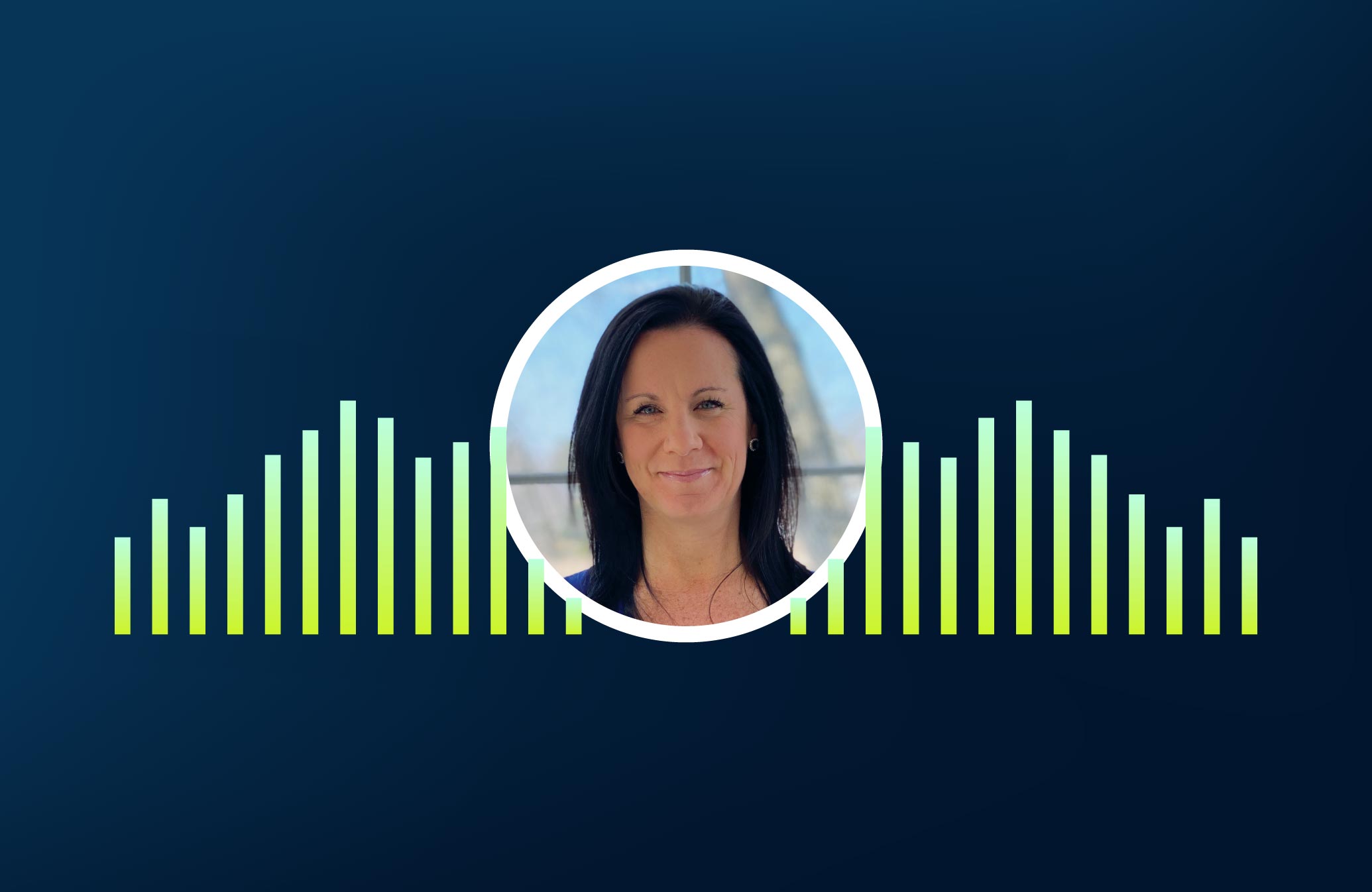The collective mental health of Americans has been a topic of concern for healthcare organizations long before COVID-19 was a household name. However, all of 2020’s stressors combined have exacerbated the crisis, leading to more people than ever struggling with their mental health.
This post is an abbreviated version of a much larger conversation between Sara Ratner, Icario Medicaid Advisory Council Member, and Cara McNulty, Chief Behavioral Officer at CVS Health | Aetna, on the Bright Spots in Healthcare podcast. For more insights, listen to the episode “Silent Sufferers”.
To talk about what healthcare organizations can do to simplify mental health and provide more effective interventions for those that need help—and in many cases, may not even realize it—we had a conversation with Eric Glazer on the Bright Spots in Healthcare podcast to talk identification, solutions, and silver linings.
What is a silent sufferer?
A silent sufferer is someone who appears happy, but may be hiding their stress or are struggling with a mental health condition without even knowing it. This often goes unchecked because there is a low perceived need for help—people view their situation as just that—a situation they have to deal with. A lot of people think they can deal with their trials and tribulations on their own, but they shouldn’t have to.
On top of that, there’s stigma. People don’t want to be labeled or stigmatized—it’s a very real concern for people.
Finally, people don’t have the money or access needed to help their situation. In fact, approximately 50% of people cite cost as the reason they don’t seek help. These people that stay in the shadows are truly the silent sufferers and we need to find a way to bring them to light so they can access the resources they need.
“There’s no more important thing right now than supporting people struggling with their mental health. Everyone is impacted during this time.”

Sara Ratner
Icario Medicaid Advisory Council MemberHow can we identify those silently struggling and get them access to mental health resources?
New innovations are being presented to help identify silent sufferers, but it’s not simply a matter of asking someone, “are you struggling?” It’s far more complicated than that, and being direct may not get you very far. Asking more indirect questions about sleep patterns, for example, is a leading indicator of mental health struggles and is a better tactic than asking something like, “are you depressed?”
Asking these questions via a health risk assessment or a standard wellness questionnaire can not only help a health plan or provider intervene immediately if necessary, but it may nudge the person to self-actualize, leading to a realization that there’s a problem and seek help or resources before they enter into crisis mode.
Further, many organizations, like CVS Health | Aetna, are working to connect mental health and primary care. This creates a shift in how we care for people, an innovation we need to ensure that care is managed in a holistic way. During the podcast, Cara McNulty discussed the organization’s health hubs and the piloting of mental health services. She said, “No matter your reason for coming in, we have a licensed social worker trained and on-staff to coordinate care for any mental health issue, even if that’s not the primary reason for the visit.”
There was a lot of discussion around solutions and how to create more powerful and timely interventions, but it all pointed to two critical factors: personalization and a need for holistic care.
“We have to treat people holistically, but also address the modalities that suit the population. Personalization is needed—not everyone wants to receive and seek support in the same way.”

Cara McNulty
Chief Behavioral Officer, CVS Health | AetnaWhere is the bright spot?
While it can be hard to identify bright spots during difficult times, both speakers were able to pinpoint things they see as a benefit of the current situation. Cara pointed out, “As a healthcare community, we can change the trajectory of mental health. We now have the capabilities to lead this journey.” Sara shared her sentiments and also noted that just by having these types of conversations we’re making progress, saying, “The more we talk about our perspectives and our own struggles the easier it’ll be for others to talk about it and have an open conversation.”
“If we want people to be their best, we have to help people with their mental health without the stigma attached.”

Sara Ratner
Icario Medicaid Advisory Council MemberFor the full interview, make sure to listen to the “Silent Sufferers” episode of Bright Spots in Healthcare with Eric Glazer.



